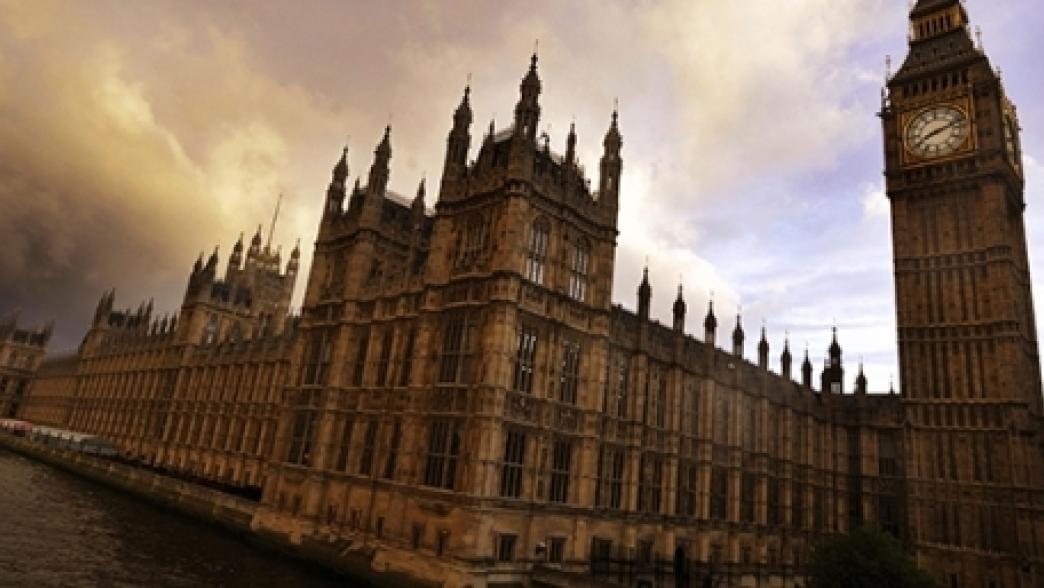MPs' pay and second jobs
MPs currently receive a basic annual salary of £86,584.

What are MPs paid?
MPs currently receive a basic annual salary of £86,584. On top of this they can claim allowances to allow them to employ staff and run an office, and to maintain residences in either London or their constituency. MPs for London constituencies cannot claim rental costs.
MPs who do not take their seats in the Commons are not entitled to receive salaries, though they can still claim expenses to allow them to undertake constituency duties.
How can MPs add to their salary with further roles in parliament or government?
Some MPs receive additional salary for performing specific parliamentary roles.
Chairs of select committees, and members of the Panel of Chairs – MPs appointed by the Speaker to chair Public Bill Committees and other general committees – received an additional £16,865 in 2022/23.
The Speaker of the House of Commons received an additional £79,760; the main Deputy Speaker (known as the Chairman of Ways and Means) £42,325; and the other Deputy Speakers £37,705.
MPs who are ministers are also eligible to receive additional salary (though may choose not to claim the full amount). This includes certain members of the opposition, reflecting the official role the opposition plays in parliament. These salaries are paid by the government, rather than parliament.
In 2022/23:
- The prime minister is eligible to receive an additional £80,807
- Cabinet ministers can receive an extra £72,454 and ministers of state £34,742
- Parliamentary secretaries and under-secretaries can claim an extra £24,947
- Whips and assistant whips (other than the chief and deputy chief whip) can receive an additional £20,261
- The government’s law officers – the attorney general and solicitor general – are eligible to receive £100,819 and £62,368 respectively
- The leader of the official opposition and opposition whips are also entitled to receive additional payments.
Who sets the pay of MPs?
MPs’ pay, allowances and pensions are all set by the Independent Parliamentary Standards Authority (IPSA), a statutory body established in the wake of the MPs’ expenses scandal. Following a review in 2013, IPSA decided to link annual changes in MPs’ pay to the Office of National Statistics index of average earnings in the public sector.
In 2021, MPs’ pay was artificially held level in response to the unusual economic circumstances created by the pandemic. IPSA is legally required to review the mechanism by which MPs’ pay is set once in every parliament and such a review was underway in late 2021.
How does MPs' salary compare to devolved nations?
Members of the Scottish parliament are paid £67,662 a year, although this salary is decreased by two-thirds if the MSP is also an MP, peer or local councillor. The salary is indexed to the average pay of public sector workers in Scotland. Before 2016 it was set at 87.5% of the pay received by UK MPs.
The pay of members of the Senedd is currently £67,920. It was set at £64,000 at the start of the fifth assembly and is indexed to average earnings in Wales, up to a maximum of a 3% rise.
Are MPs allowed second jobs?
There is no limit – in terms of money earned or time taken – on the second jobs that an MP can take on. All outside interests must be declared in the Register of Members’ Interests within 28 days of the interest arising or changing, and interests should be declared whenever an MP engages in parliamentary business that could be thought to relate to them.
There is a ban on ‘paid advocacy’ – lobbying on behalf of any interest that is paying or providing another benefit to an MP, and MPs are not allowed to use parliamentary facilities when undertaking activities for personal gain. Former Conservative MP Owen Paterson was found to have repeatedly breached these rules in October 2021.
The Committee on Standards in Public Life recommended in 2018 that MPs be banned from taking on paid work as a ”parliamentary strategist, adviser or consultant”. 4 Committee on Standards in Public Life, MPs’ Outside Interests, July 2018 MPs accepted this recommendation in the new code of conduct, agreed in December 2022. MPs must now also provide a copy of any employment contract to the parliamentary commissioner for standards.
- Keywords
- Ethical standards
- Publisher
- Institute for Government